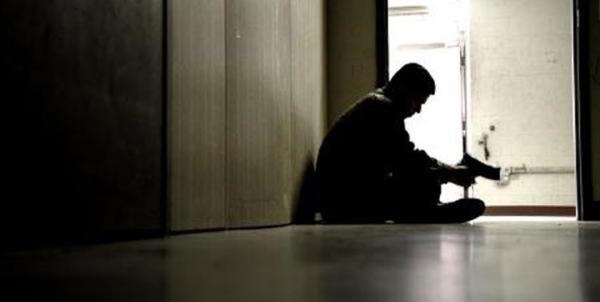

If you think a friend is struggling with a mental health disorder, “be there to help, and not judge.” That’s the advice from retired Maj. Gen. Mark Graham, who has spent more than a decade advancing the public discourse on mental illness. Graham spoke on Oct. 17 at the annual Words of War Gala in New York City.
Graham recently spoke with Task & Purpose, sharing the heartbreaking story of his son’s death by suicide. He said it’s important for people to recognize and be understanding of depression or post-traumatic stress disorder warning signs – especially among veterans and service members.
https://www.youtube.com/watch?v=XCBphdPEivs
Although veterans only make up 8.5% of the U.S. population, they account for 18% of all suicide deaths, according to the U.S. Department of Veterans Affairs. This is no doubt in part due to the higher instances of PTSD in the veteran community.
Related: Stigmas And Misconceptions Of Post-Traumatic Stress Weaken Us All »
PTSD can cause sleep disorders, hyper vigilance, survivor’s guilt, and dependence on drugs or alcohol, all of which contribute to higher rates of suicide.
Mental health experts say the condition is treatable, as long as sufferers recognize the problem and have access to quality treatment programs.
“But you have to be willing to get help,” said Zach Iscol, the executive director of The Headstrong Project, which provides treatment for combat veterans.
“Some don’t get help because they don’t think it can work, others don’t get help because they think it’s a sign of weakness,” Iscol added.
Programs like Headstrong work to challenge the social stigma associated with getting mental health treatment. Graham said the stigma is born of the “macho” culture in the military, but it has no basis in fact.
“It’s a sign of strength, not weakness, to get help,” Graham said. “You’re never alone, there’s always help. You offer so much to our nation, to your community, your family and to yourself. Take care of yourself, and get help.”
To learn more, visitgetheadstrong.org.